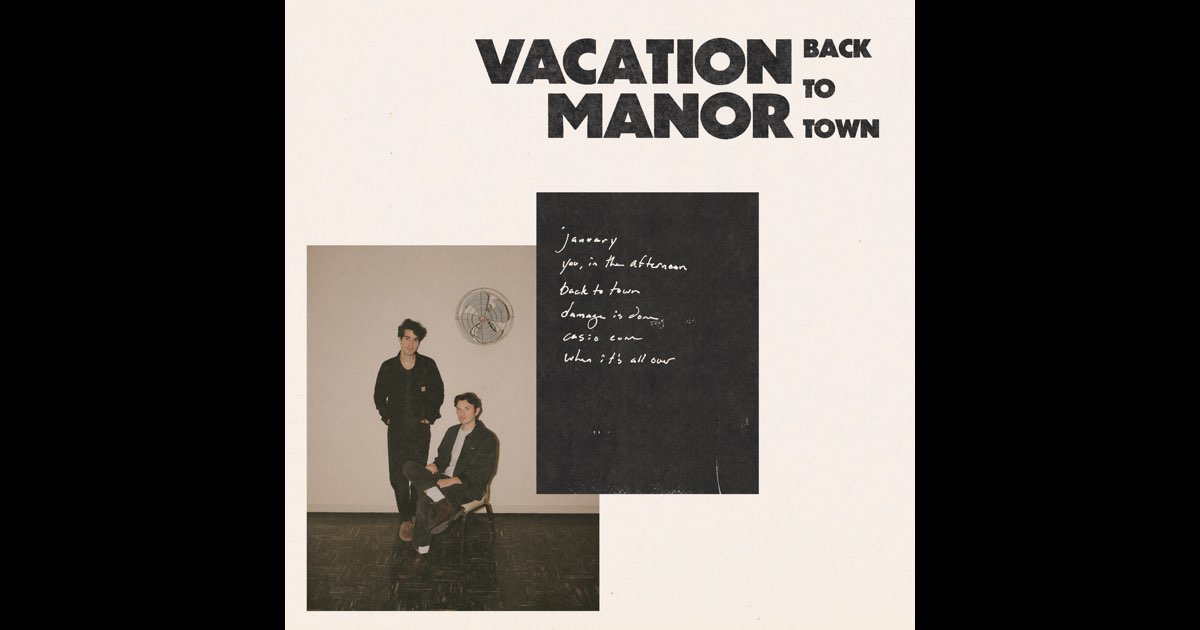LP1
Reviewed by: Ari Roth
Over the past two years, FKA twigs has rapidly become one of the most fascinating and consistently brilliant artists breaking new ground for both experimental and pop music. Her first full length, coming on the heels of two prior EPs, is an astonishing record, consolidating and developing her sound with a collection of rich, adventurous songs that resonate with both pop appeal and restless exploration. On LP1, FKA twigs deals with the language of intimacy and sexuality, but refracts its dynamics to explore a wide range of human experience and emotion, encompassing both power and vulnerability.
Aside from FKA twigs herself, the name that looms largest over the project is postmodern avant-pop superproducer Arca – also known for his solo productions and his work on Kanye West’s brutalist masterpiece Yeezus. When talking about Arca’s singular work, I am reminded of that tired old Arthur C. Clarke quote – “any sufficiently advanced technology is indistinguishable from magic.” With Arca’s productions, particularly last year’s stunning mixtape &&&&&, there is a sense of an artist so utterly at home in digital environments that the sterility and “unnatural” homogeneity so often associated with laptop production melts away. Rather than simulating “natural” instruments with electronics, Arca crafts a sound that feels unpredictable and ungridded, yet not quite “organic” – a synthetic creature unto itself.
Arca produced all of FKA twigs’ breakout release, last year’s EP2, and on LP1 you can sense him stepping back a little. His productions here are even more minimal, and the album features other production collaborators – including twigs herself, who says that she is becoming more and more involved with the production aspect of her music. Dimming the lights and reducing her sound, FKA twigs positions herself as the next step in a spiritual lineage of forward-thinking R&B, that, since the 1990s has sought to use new electronic tools to create something warm, intimate and sensual, pushing fearlessly forward while redefining what the future can feel like.
It’s easy to enthuse endlessly about her technical and sonic innovations, but what remains most captivating about FKA twigs is her ability to inject these environments with a tantalizing and enthralling emotional energy, a quality that many of her peers have yet to grasp. Rather than simply playing with the signifiers of pop amid formless experimentation (or aestheticized excess), FKA twigs presents herself first and foremost as a true pop artist. She understands musicality and melody and dynamics, and above all she knows how to write a great song.
And LP1 is full of great songs. The album displays a striking economy of means, and throughout the record FKA twigs does a great deal with very little, crafting songs out of the smallest of gestures. First single “Two Weeks” is a good example. The song brims with sexual confidence, but twigs creates dynamic tension by delivering the lyrics with a tightrope walking vocal performance. Built around an unsettlingly static verse melody, at first blush it feels almost too bare and unadorned. The striking music video offers an unexpected way in. Twigs sits with unnerving poise, delivering each line with such extreme delicacy that it’s like watching someone carve sculptures on a head of a pin. Each line is so fragile and controlled that even the barest deviation in melody could send the whole thing tumbling down. Then, near the end, there’s the payoff: a hook so immediately rewarding that it feels downright decadent after a such a restrained performance. It’s the kind of melody that lesser artists would build an entire song around, but here, it’s just a bridge. She sings it once, and then it disappears forever. You need to experience that moment again, so you hit repeat. And repeat. And repeat.
She pulls a similar trick on “Pendulum”, easily the best song of her career thus far. The production crumbles beneath twigs’ fingertips, its off-kilter percussion swaying back and forth, seasoned with backmasked chords offering just the faintest hint of harmonic structure. The real star of the show, however, is empty space. Great chasms of silence yawn from the song’s core, and twigs alights gingerly on the rhythm’s few solid surfaces, harmonizing with herself and weaving elegant melodies throughout. It’s the kind of song that’s meant to be inhabited for extended periods, the kind of song that can mean a million different things in a million different situations, from the lonely to the euphoric to the erotic. Once again, the song’s most stunning moment comes only once, demanding repeat listens. A lone, unexpected chord shift – a 7th – emerges two thirds of the way through the song, and twigs’ voice arcs glowingly upward, then cascades gently back down. It’s subtly devastating, so soft that you could miss it the first time around, yet it hits with the force of a million dizzying crescendos.
“Lights On” is another highlight, melding tinkling thumb piano with rustling digital rhythms and microtonal synths as FKA twigs sings of opening herself up to another person, letting her guard down and appearing as she is. “Numbers” rumbles with twitchy drum patterns and tense chords, twigs seething, “was I just a number to you? Was I just a lonely girl to fight? Tonight I’ve got a question for you: do you want to live or die?” “Give Up” is almost conventional, with a hip hop drum machine pattern and a glittering, memorable chorus. Still, even here there are hints of strangeness, namely the detuned and pitch-shifted backing vocals that crop up throughout the record and have become something of a trademark for twigs. Those alien voices open the album’s final track, “Kicks”, which is also one of its best. The whole song feels illuminated from within, and it’s the closest the album gets to an anthem. Throbbing sub bass, insect-like, skittering drums and incandescent chords swirl around twigs, perpetually shifting and metamorphosing. Here, she holds nothing back, pouring herself into the song and delivering one of her strongest performances. It’s a song about finding pleasure in herself when her lover is away, but it sounds like a futuristic torch song, a cyborg ballad for the 21st century that basks in the warmth of hot tears and the chill of cold technology all at once.
Rating: ![]()







